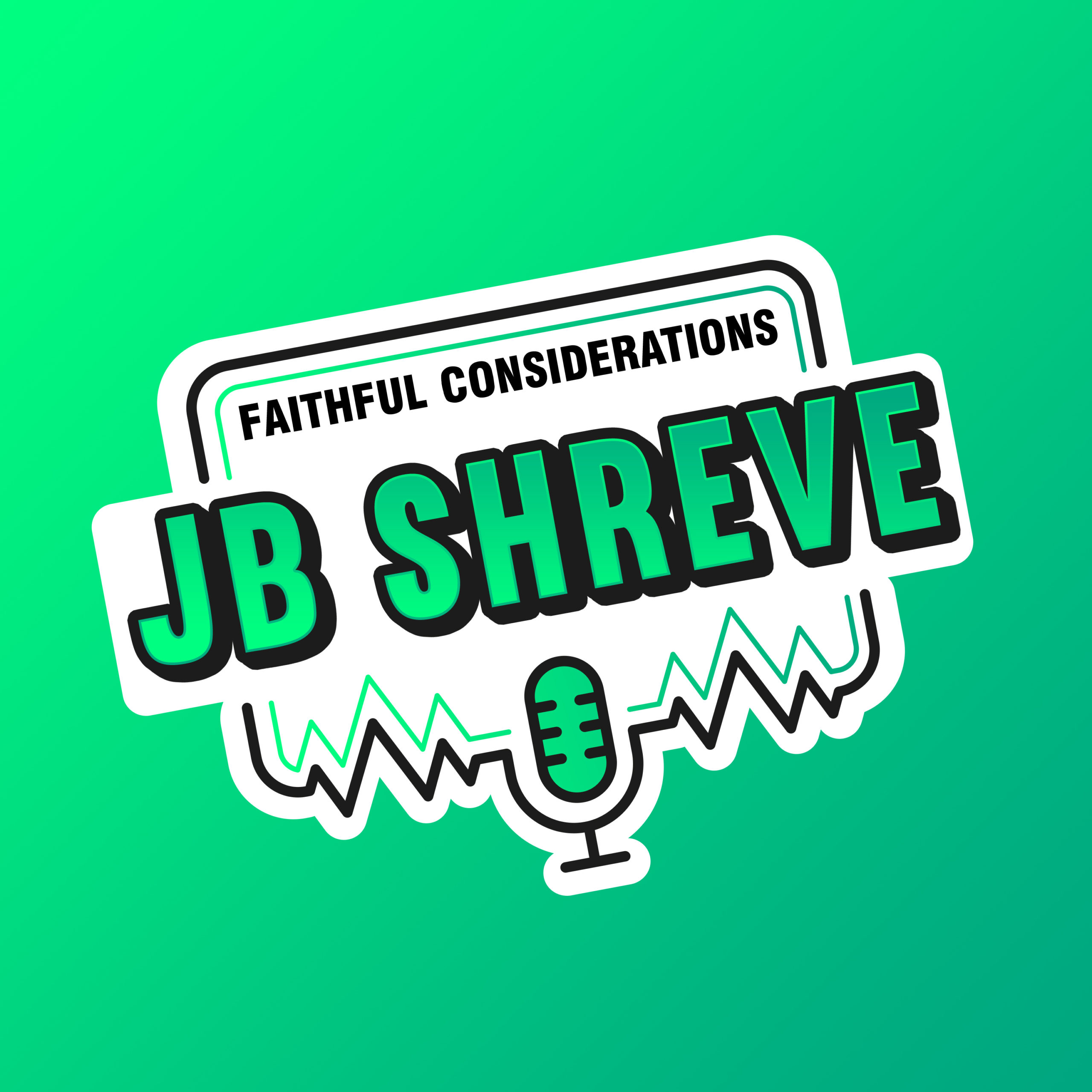This post is part of an ongoing series in the study of John we are doing during January. Subscribe to the blog for daily updates in the Bible Study posts. Subscribe to the podcasts to hear our discussion of the book of John throughout this month. Join us in your daily devotions as we travel through this fascinating account of the life of Christ.
***
This chapter is about blindness versus sight and the specific blindness that comes through presumptions and self-righteousness. The disciples introduce us to that blindness when they encounter a blind man and presume his blindness results from sin.
As he went along, he saw a man blind from birth. His disciples asked him, “Rabbi, who sinned, this man or his parents, that he was born blind?” John 9:1-2 (NIV)
This is a common human assumption regarding unfortunate circumstances or events. If something difficult occurs, it must result from human error or sin. We did something wrong, and that is why the bad thing happened to us. Job’s friends spend nearly the entirety of the book of Job mistakenly trying to convince him that the series of misfortunes that befell him had to be the result of his unrighteousness. The friends were mistaken. They missed the dramatic events unfolding in the spiritual realm in the first chapter of Job that served as the true cause behind Job’s suffering. They could not see but presumed they could, and that area of blindness led them to make inaccurate judgments.
Similarly, the assumption made by the disciples about the lame man is incorrect. There is a greater design operating. Life is not simply a story of cause (sin) and effect (punishment). Understanding the world and understanding God is more complex than that.
“Neither this man nor his parents sinned,” said Jesus, “but this happened so that the works of God might be displayed in him. John 9:3 (NIV)
To understand this chapter, it is best to recognize the healing of the blind man and its aftermath (verses 1-34) as the demonstration of Christ’s teaching about true vision and true blindness at the end of the chapter (verses 35-41).
Differing Perspectives
Everyone in this passage saw through a filter of their own biases, preconceived notions, fears, and religious loyalties. The disciples saw a blind man whose infirmity betrayed either his sins or the sins of his parents.
The Pharisees saw a man they could not make sense of, so they leaned into misjudging the man and Jesus. Rather than celebrating the miracle, they criticized Jesus:
Therefore some of the Pharisees said, “This Man is not from God, because He does not keep the Sabbath.” John 9:16
When that did not work, they criticized the healed man. Spiritual blindness leads to sin and lousy judgment.
Then they reviled him and said, “You are His disciple, but we are Moses’ disciples. We know that God spoke to Moses; as for this fellow, we do not know where He is from.” They answered and said to him, “You were completely born in sins, and are you teaching us?” And they cast him out. John 9:28-29,34 (NKJV)
Even the man’s parents tried to distance themselves from him and the miracle out of fear of what might happen to them.
His parents replied, “We know this is our son and that he was born blind, but we don’t know how he can see or who healed him. Ask him. He is old enough to speak for himself.” His parents said this because they were afraid of the Jewish leaders, who had announced that anyone saying Jesus was the Messiah would be expelled from the synagogue. That’s why they said, “He is old enough. Ask him.” John 9:20-23 (NLT)
The Man Given Sight
However, the man born blind and healed by Jesus never once presumed anything about Jesus. He simply stated the facts as he, quite literally, saw them.
“I don’t know whether he is a sinner,” the man replied. “But I know this: I was blind, and now I can see!” John 9:25 (NLT)
And when Jesus asked the man if he believed in the Son of God –
Jesus heard that they had cast him out; and when He had found him, He said to him, “Do you believe in the Son of God?” He answered and said, “Who is He, Lord, that I may believe in Him?” And Jesus said to him, “You have both seen Him and it is He who is talking with you.” Then he said, “Lord, I believe!” And he worshiped Him. John 9:35-38 (NKJV)
I Was Blind, But Now I See
Jesus was the source of the man’s sight, physically and spiritually. He did not know what he did not know. He did not make presumptions. He knew that he once was blind, but now he could see. He based his knowledge of the truth upon what he could see rather than what he feared, what others wanted him to see, or what he thought he should see.
For this man who touched the grace of God, he knew what it meant to be blind. He knew what it meant to be blind and now see. There was no vagueness to that reality for him. I was blind, but now I see.
Spiritual Blindness
The Pharisees presumed they could see, but they were actually blind. They did not recognize their blindness and could not enter into actual sight.
Jesus said to them, “If you were blind, you would have no sin; but now you say, ‘We see.’ Therefore your sin remains. John 9:41 (NKJV)
Interestingly, the chapter ends back at the point where it began. The disciples made an inaccurate presumption about sin’s relation to the man’s blindness. Now Jesus brings the Pharisees back to that opening point. A recognition of their blindness would free them from sin. Instead, they refuse to recognize their inaccuracies, so their sin remains. Spiritual blindness is the cause of sin.





What do you think?
Show comments / Leave a comment